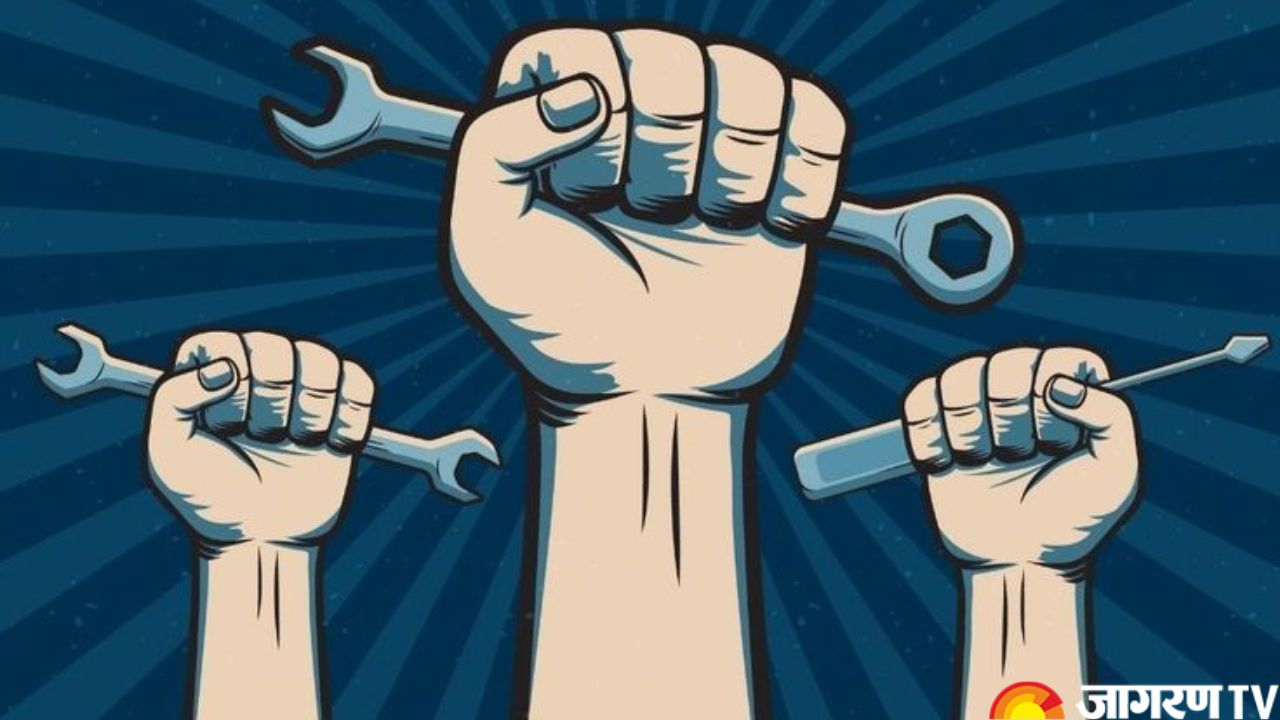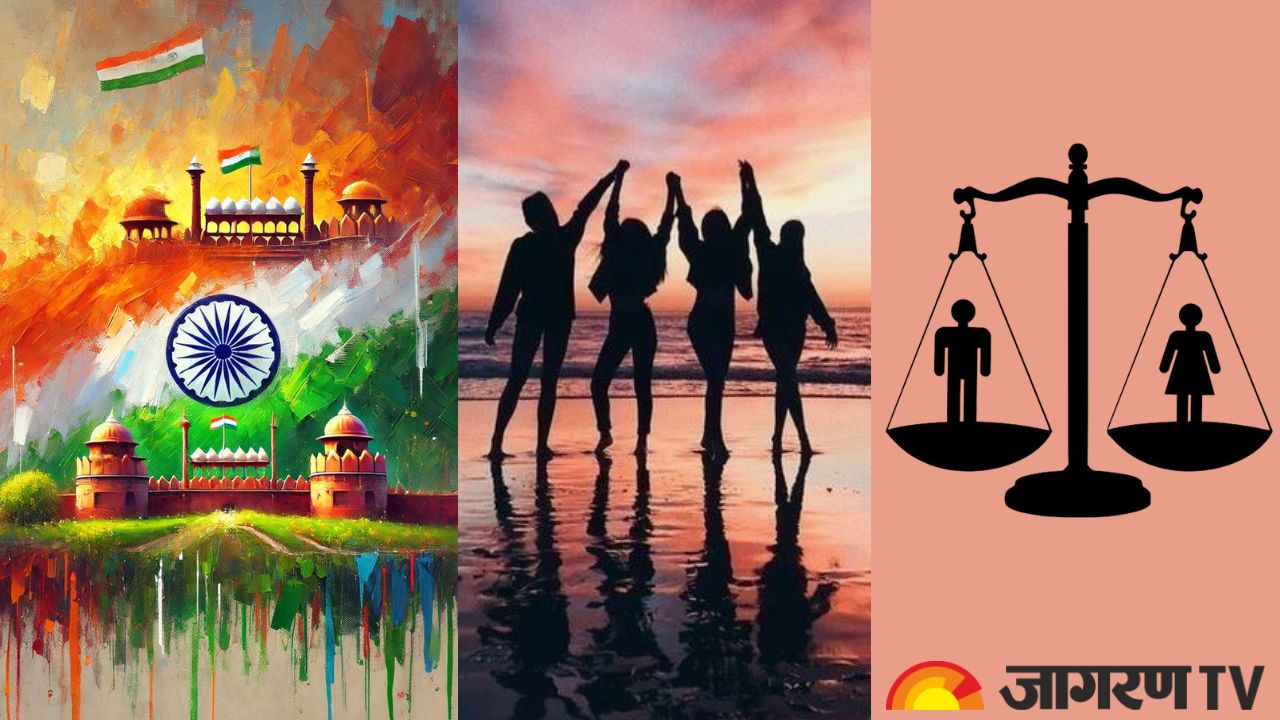International Labour Day 2025: Celebrating The Hands That Build Society, Know History, Significance, Celebrations, and More

International Labour Day: The first day of May is celebrated to honour the accomplishments, challenges, and determination of working-class people around the world. International Labour Day, often known as May Day, is more than just a public holiday in many countries; it serves as a poignant reminder of the past struggle for fair labour practices, as well as a continuous call for social and economic equality.
International Labour Day History
International Labour Day has its roots in the unstable industrial landscape of the late nineteenth century. Workers in the United States worked long hours under dangerous conditions with little to no legal protection. The demand for an eight-hour workday became a rallying cry, resulting in a nationwide general strike on May 1, 1886. While several rallies and strikes took place, the Haymarket Affair in Chicago stands out as a crucial, yet sad, event. A peaceful gathering in support of the eight-hour day turned violent when a device exploded, killing several police officers and citizens.
The International Socialist Congress met in Paris in 1889 and formally designated May 1st to be International Labour Day. This event paid honor to the Haymarket martyrs while also calling for an eight-hour workweek throughout the industrialized world. The decision sought to establish a day of international solidarity for workers, pushing for better working conditions and social fairness.
International Labour Day Significance
International Labour Day carries profound significance on multiple levels:
-
International Labour Day serves as a poignant reminder of the struggles and sacrifices made by countless workers to secure essential rights that many now take for granted, such as fair salaries, acceptable working hours, safe working conditions, and the freedom to organize.
-
The day recognizes workers’ critical role in driving economies and constructing societies. It emphasizes the dignity of labor and the need to respect each individual's efforts.
-
While tremendous progress has been accomplished, Labour Day highlights the continuous need to address modern labor concerns such as income inequality, precarious employment, worker exploitation in global supply networks, and the impact of automation on jobs.
-
Labour Day, which is celebrated on the same day around the world, stresses the shared concerns and ambitions of workers across boundaries, fostering a sense of global solidarity and collective action.
International Labour Day Celebrations
-
In many countries, May 1st is a national holiday, commemorated by colorful parades and rallies organized by trade unions and labour organizations. These events provide an opportunity to celebrate accomplishments, raise awareness about current issues, and campaign for worker rights.
-
Labour Day can also be a day of political activism, with demonstrations and protests centered on specific demands concerning labor legislation, social security, and economic fairness.
-
Beyond political activities, many communities hold cultural events, picnics, and gatherings to bring people together in a sense of solidarity and togetherness.
-
Some organizations and governments launch initiatives or announce legislation aimed at increasing worker well-being.
Related videos
-
August 2025 Event Calendar: जानें अगस्त 2025 में राष्ट्रीय, अंतरराष्ट्रीय और महत्वपूर्ण दिनों ...
-
International Friendship Day 2025: Bollywood’s Iconic Best Buddies Of All Time ...
-
National Parents Day 2025: History, Significance, and Gift Ideas For Your Mom-Dad ...
-
International Self Care Day 2025: ऐसे करें शारीरिक और मानसिक रूप से अपनी ...









